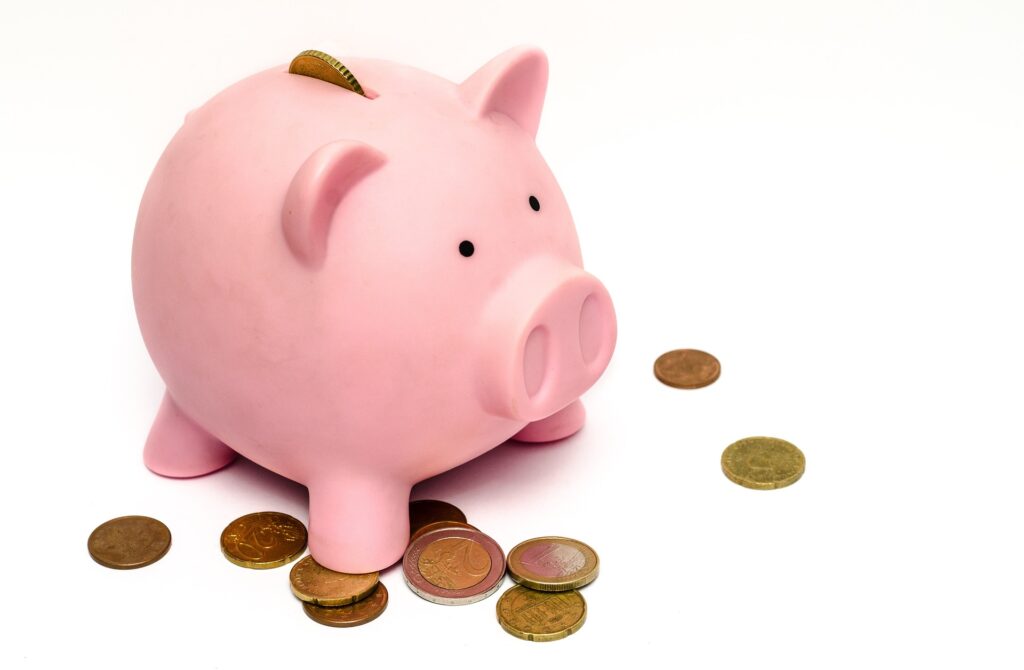Managing expenses is an essential part of our lives, and one of the most significant areas of expenses is groceries and household items. With increasing prices, it is becoming challenging to save money on these essential items. However, with some best practices, it is possible to cut down the costs and manage our finances better. In this article, we will discuss some of the best practices for saving money on groceries and household items. These practices include making a budget, planning your meals, buying in bulk, using coupons and discounts, shopping at discount stores, cooking at home, using energy-saving appliances, shopping at the right time, avoiding waste, and comparison shopping. By following these practices, you can reduce your expenses and free up money for other important things in your life.

A big aspect of managing your finances is finding ways to save money on food and other necessities. You may lower your spending and free up money for other essential things in your life by adhering to basic best practices. We’ll talk about some of the top methods for reducing the cost of groceries and household items in this article.
Make a Budget
It’s essential to create a budget before you start shopping for groceries and household goods. Decide how much you can afford to spend each month on these products. Organize your spending into many areas, such as food, housewares, and personal care. This will assist you in monitoring your spending and preventing overspending.
Schedule Meals
Meal planning is one of the best strategies to reduce your grocery bill. Take a look at the weekly supermarket ads and base your meal plans on the deals being offered. Based on your food plan, make a shopping list and use it. While impulse purchases might result in overspending, avoid them.
Buy in Bulk
A wonderful strategy to reduce the cost of groceries and household goods is to purchase in bulk. But make sure you only purchase things you are certain you will utilise. While they are on sale, stock up on non-perishable goods like toilet paper, paper towels, and laundry soap. You might also think about signing up for a warehouse club to get discounts on larger purchases.
Use discounts and coupons
You may save a tonne of money on grocery and household goods by using coupons and discounts. Search for coupons online, on social media, and in your neighborhood newspaper. Some grocery stores also provide loyalty programmes, which can result in savings on subsequent purchases. Use these initiatives to save money.
Shop at Discount Stores
Deals on groceries and household goods can often be found at discount retailers. Look into discount retailers like Aldi, Lidl, and Dollar Tree that provide inexpensive prices on a variety of goods. Prior to making a purchase, check costs and product quality. On occasion, purchasing a name-brand item on sale may be less expensive than purchasing a generic version from a discount retailer.
Home Cooking
You can save a lot of money on food by cooking at home. Avoid eating out frequently because it can get expensive. Since you have more control over the ingredients you use when cooking at home, it can also be healthier. Many recipes that are inexpensive and simple to prepare are available online.
Use Energy-Saving Appliances
Using energy-efficient appliances helps reduce your utility costs. To ensure that an appliance meets minimum energy efficiency requirements, look for the ENERGY STAR label. Think about switching to LED light bulbs instead of conventional incandescent ones because they consume less energy and last longer.
Shop at the Right Time
You can save money on food and other household goods by shopping at the proper time. On products that are about to expire, several grocery stores give discounts. By shopping after the holiday, you can also get great prices on seasonal goods like holiday decorations.
Avoid Waste
Saving money on food and household goods requires careful waste management. Make sure to consume all of the food you purchase before it spoils. Use leftovers from one meal or freeze them for later. Aim to buy only what you need of perishables like fruits and vegetables so they don’t go bad before you can utilise them.
Comparison Shop
Comparison You can locate the greatest prices on groceries and household goods through comparison shopping. Before making a purchase, shop around and check pricing at several establishments. To find the greatest offers both online and offline, you can also utilise price comparison applications like Shop Savvy and PriceGrabber.
In conclusion, there are many ways to save money on groceries and household items. By implementing some best practices, such as making a budget, planning your meals, buying in bulk, using coupons and discounts, shopping at discount stores, cooking at home, using energy-saving appliances, shopping at the right time, avoiding waste, and comparison shopping, you can reduce your expenses and manage your finances better. These practices require some planning and effort, but the benefits of saving money and having more financial flexibility are worth it. So, start implementing these practices in your daily life, and see the positive impact on your budget and finances.

